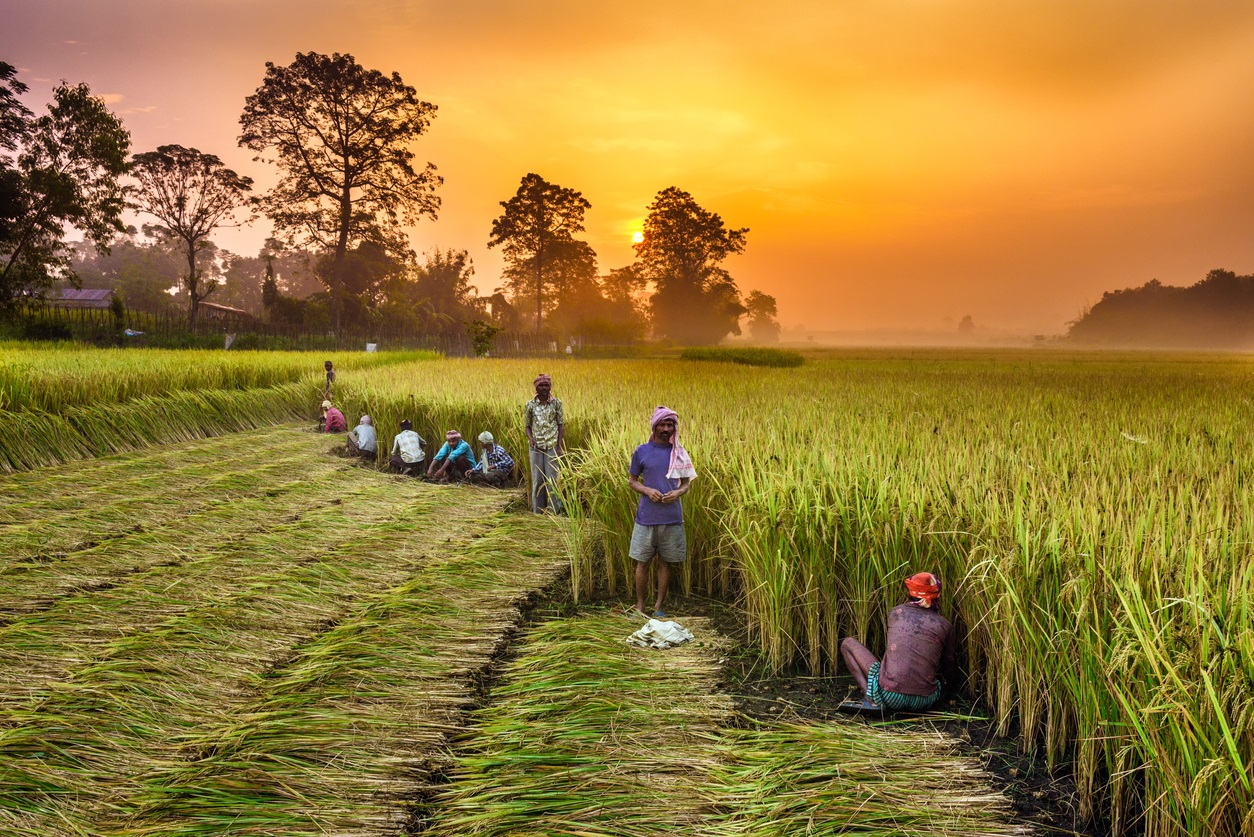Environmentally friendly farming practices used by nearly 1/3 of world’s farms

By Surya Zeeb
Published: October 4, 2018
Category: The Organic & Non-GMO Report Newsletter, Organic News
Nearly one-third of the world’s farms have adopted more environmentally friendly practices while continuing to be productive, according to a global assessment by 17 scientists in five countries.
The researchers analyzed farms that use some form of “sustainable intensification,” a term for various practices, including organic farming, that use land, water, biodiversity, labor, knowledge and technology to both grow crops and reduce environmental impacts like pesticide pollution, soil erosion and greenhouse gas emissions.
Writing in the journal Nature Sustainability, the researchers estimate that nearly one-tenth of the world’s farmland is under some form of sustainable intensification, often with dramatic results. They have seen that the new practices can improve productivity, biodiversity and ecosystem services while lowering farmer costs. For example, they document how West Africa farmers have increased yields of maize and cassava; some 100,000 farmers in Cuba increased their productivity 150 percent while cutting their pesticide use by 85 percent.
Sustainable intensification “can result in beneficial outcomes for both agricultural output and natural capital,” the researchers write.
“Although we have a long way to go, I’m impressed by how far farmers across the world and especially in less developed countries have come in moving our food-production systems in a healthy direction,” said John Reganold, Washington State University Regents Professor of Soil Science and Agroecology and a co-author of the paper. Reganold helped identify farming systems that meet sustainable intensification guidelines and analyze the data.
Source: Eric Sorensen, Washington State University News
To view full article, visit:




